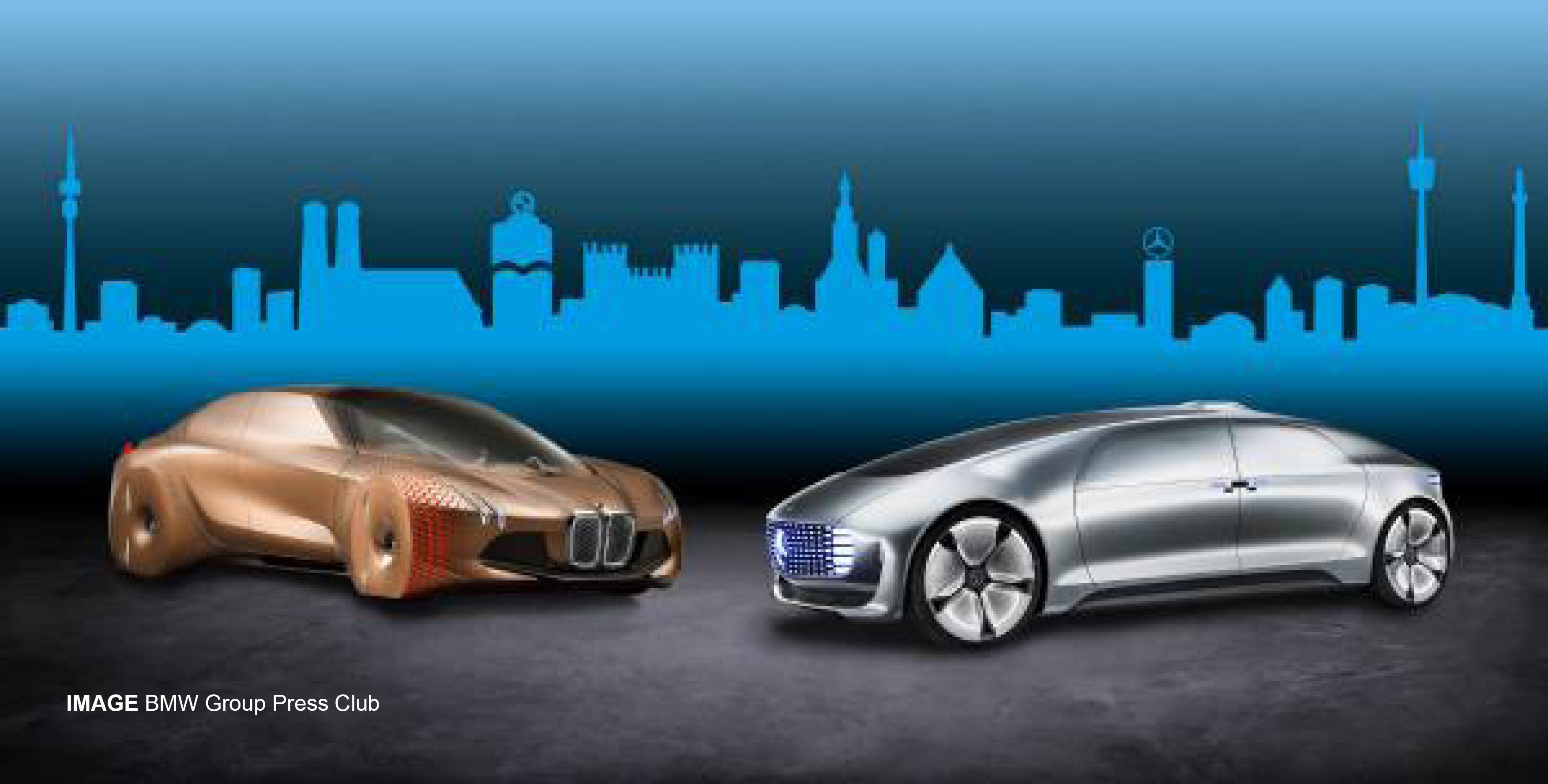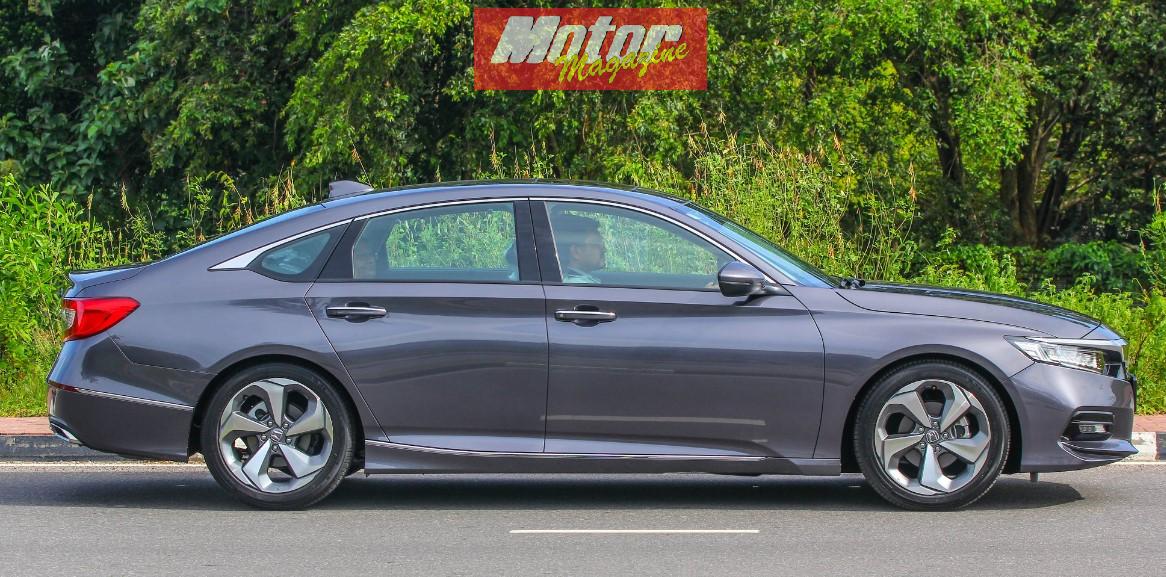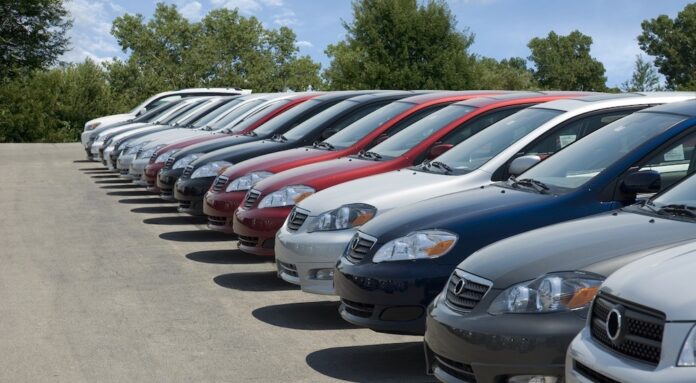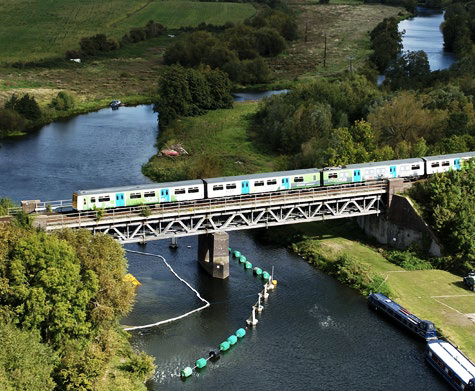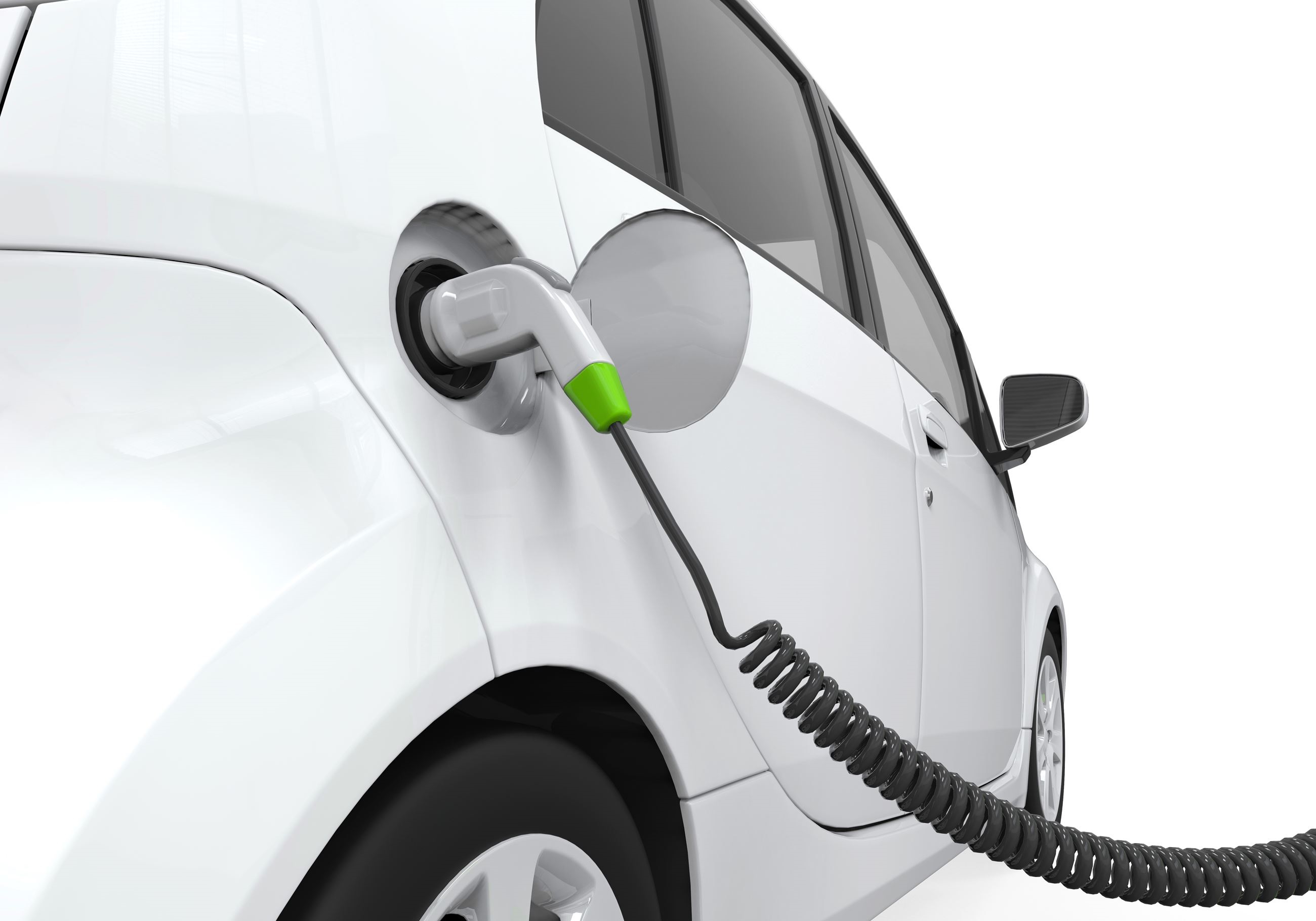
In this column, I will endeavor to dissect mobility, through many different lenses, to give the reader the widest possible coverage of the subject. Efficiency, sustainability, policy, consumer comfort, data protection are some of the aspects that will be covered.
NOVEMBER 2021: Mobility is defined by the Cambridge Dictionary as “the ability to be moved freely or be easily moved…” In this column, I will endeavor to dissect mobility, through many different lenses, to give the reader the widest possible coverage of the subject. Efficiency, sustainability, policy, consumer comfort, data protection are some of the aspects that will be covered.
The motoring community today faces a multitude of disruptions. Disruption in technology, in the form of the electric vehicle (EV) taking over the accepted place of the internal combustion engine (ICE) vehicle. This moves a vehicle from 20,000 moving parts to a mere 20 moving parts, and changes the DNA of a motor vehicle. But, this is not all. We are on the brink of autonomous vehicles being introduced.
These two disruptions should dramatically reduce the cost of travel. Approximately 70% of the cost of an EV comprises the cost of the electric battery. Global battery prices are plummeting as demand is driving an exponential increase in supply. The Tesla model 3 marketed at US$ 35,000 and the ensuing popularity of the vehicle proves the movement of consumer preference, in this direction so long as price is reasonable. The second significant cost of travel is the cost of the driver. The automation of the driver will further decrease the cost of transport.
Transport comprises around 3% of global GDP. In Sri Lanka, transport is around 12% of GDP. This means, that transport costs in Sri Lanka are four times more than global costs. Transport is the backbone of a nation’s trade and commerce. The increased transport cost in Sri Lanka impacts the competitiveness of Sri Lankan goods and services in the national and international market. It is imperative that Sri Lanka increases the efficiency of transport, to drive her overall competitiveness.
Further, pollution and congestion are major issues in Sri Lanka. Travel speeds in the city of Colombo has declined to around 8 km/hr. The air quality in Colombo is a cause of concern. Approximately, 40% of total carbon emission in Sri Lanka is caused by the transport sector and half of that is produced by road transport.
The impact of importing fuel, on the local economy has been a topic of significant discussion of late. The total expenditure incurred in the import of fuel was US$ 7 billion in 2018, and approximately 50% of this was fuel for transport. With the global economy recovering from the pandemic, global fuel prices are increasing and Sri Lanka’s fuel import bill will tend back to around US$ 7 billion. This is Sri Lanka’s single largest import expenditure.
Sri Lanka is expending this sum of foreign exchange, when the sun produces the total annual energy requirement of the world within a mere two hours! Today battery energy storage systems (BESS) that can effectively store the suns’ energy are fast becoming cost efficient.
My aim, in this column in Motor will be to discuss how mobility is changing globally and the relevance of these changes to Sri Lanka.




